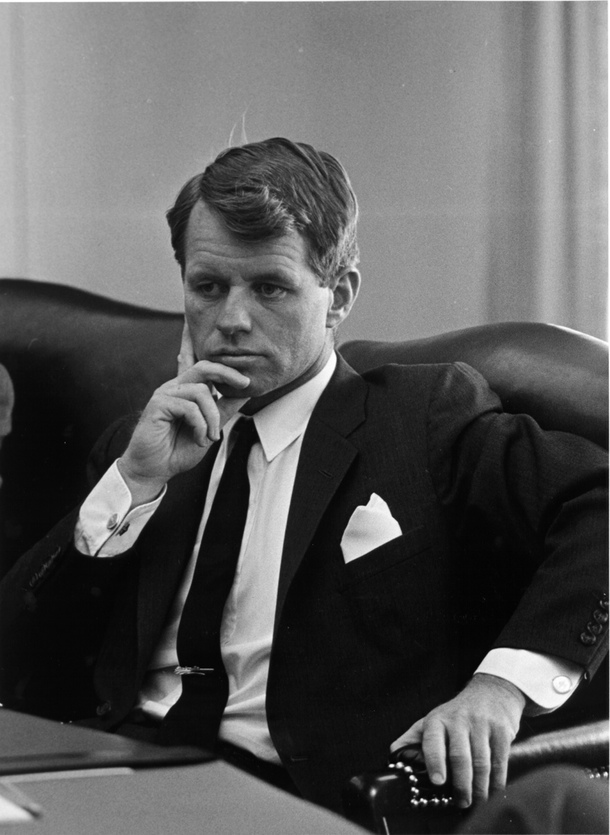
[M]any of the world’s great movements, of thought and action, have flowed from the work of a single man. A young monk began the Protestant reformation, a young general extended an empire from Macedonia to the borders of the earth, and a young woman reclaimed the territory of France. It was a young Italian explorer who discovered the New World, and 32-year-old Thomas Jefferson who proclaimed that all men are created equal. “Give me a place to stand,” said Archimedes, “and I will move the world.” These men moved the world, and so can we all. Few will have the greatness to bend history; but each of us can work to change a small portion of the events, and in the total of all these acts will be written the history of this generation. Thousands of Peace Corps volunteers are making a difference in the isolated villages and the city slums of dozens of countries. Thousands of unknown men and women in Europe resisted the occupation of the Nazis and many died, but all added to the ultimate strength and freedom of their countries. It is from numberless diverse acts of courage such as these that the belief that human history is thus shaped. Each time a man stands up for an ideal, or acts to improve the lot of others, or strikes out against injustice, he sends forth a tiny ripple of hope, and crossing each other from a million different centers of energy and daring those ripples build a current which can sweep down the mightiest walls of oppression and resistance.
—Robert F. Kennedy, Day of Affirmation Address, University of Capetown, June 6, 1966.
Listen to Aron Copland’s Fanfare for the Common Man (1942) in a performance by Sir Andrew Davis with the BBC Symphony Orchestra. The work was composed on a commission from the Cincinnati Symphony Orchestra as a salute to soldier, sailors or airman for their “stirring and significant contributions to the war effort.” Copland insisted, however, that his salute was to “the common man,” and Eugene Goossens, director of the Cincinnati Symphony, chose to premier it at tax time, in a salute to Copland’s intentions.



